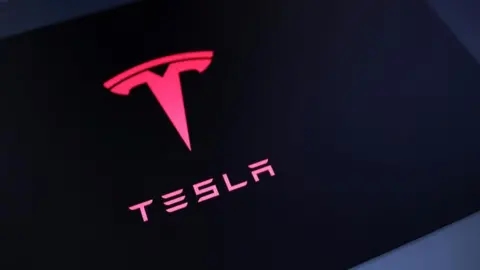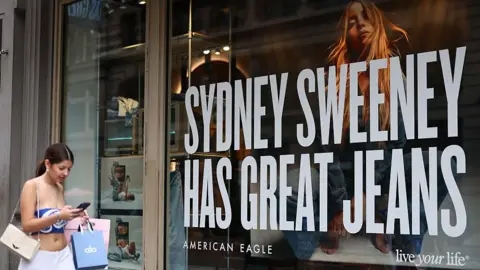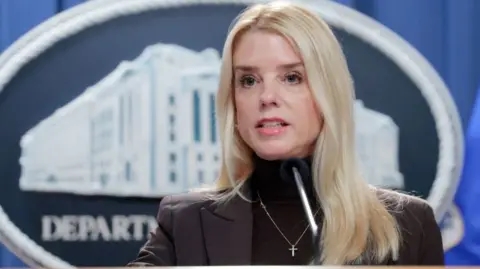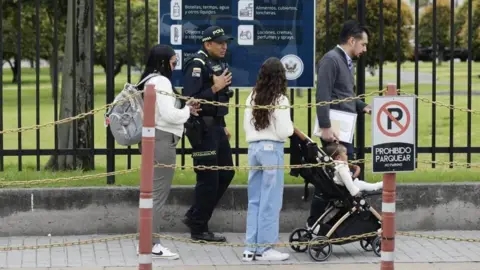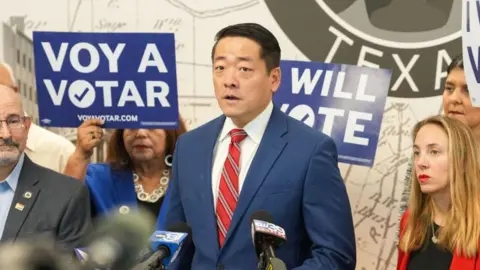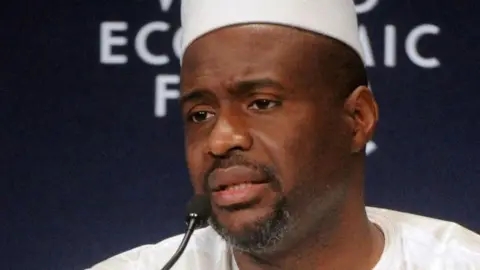A Florida jury has ruled that Tesla bears partial responsibility for a 2019 accident involving its Autopilot system, which resulted in the death of a pedestrian and severe injuries to another. The decision marks a significant legal blow to the electric vehicle manufacturer, which has long championed autonomous driving as a cornerstone of its future.
The crash occurred when a Tesla Model S, operating with Autopilot engaged, failed to stop at a T-intersection in the Florida Keys. The vehicle struck and killed 22-year-old Naibel Benavides Leon while also injuring her boyfriend, Dillon Angulo. The driver, George McGee, admitted he had been distracted while searching for his dropped phone, but plaintiffs argued Tesla’s software should have intervened to prevent the collision.
Following a three-week trial, the jury awarded $329 million in damages—$129 million in compensation and $200 million in punitive penalties. Tesla is expected to pay a portion of the compensatory damages and the full punitive sum, though legal experts suggest the latter may be reduced on appeal.
Tesla has vehemently denied fault, insisting that the driver’s actions—speeding and overriding Autopilot by pressing the accelerator—were solely to blame. In a statement, the company called the verdict a setback for automotive safety innovation, claiming no vehicle in 2019 or today could have prevented the crash under similar circumstances.
Critics, however, argue that Tesla misled the public about Autopilot’s capabilities, marketing it as more advanced than it truly was. “Tesla turned public roads into testing grounds for flawed technology,” said an attorney for the plaintiffs, accusing the company of prioritizing hype over safety.
This case is the first federal jury trial to hold Tesla accountable for an Autopilot-related fatality, though previous lawsuits have been settled or dismissed. The ruling comes amid declining Tesla sales and heightened scrutiny over CEO Elon Musk’s leadership and public controversies.
As legal battles over autonomous vehicle safety intensify, the outcome could influence future regulations and corporate accountability in the rapidly evolving self-driving industry.
